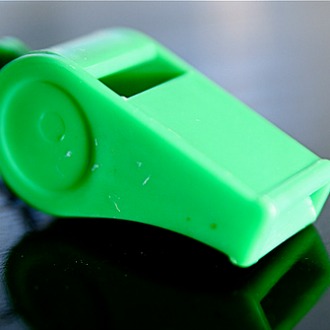GP practices given one year to appoint whistleblowing ‘guardian’

GP practices should have a whistleblowing ‘guardian’ in place by September 2017 according to new NHS England guidance.
This is the result of a five-week consultation launched in April, which proposed that each GP practice should have a named person responsible for whistleblowing, the ‘Freedom to Speak Up Guardian’.
Problems that could be referred to the guardian include: poor clinical practice, poor safeguarding, poorly trained staff, a bullying culture and unsafe working conditions.
NHS England’s guidance says it recognises that ‘no one model can be universally applied, given the sheer diversity of organisational models’ and so implementation of the policy will ‘require each provider to consider how best they can ensure there is a named individual as Freedom to Speak Up Guardian’.
This guardian should be independent of the line management chain, not the direct employer and should ensure appropriate policies are in place and that staff know where to go if they have concerns. Some suggestions for how to do this include arrangements with a local provider, a staff member within a federation, a member of the CCG or NHS England responsible officers.
The guidance also lists some best practice actions for primary care providers, including to ‘devote time to reinforce the message that it is safe to speak up’, run investigations appropriately, ensure feedback to those who raised the concern and ‘ensure there is commendation for staff who raise concerns’ to thank staff for speaking up.
Providers should ‘review and update their local policies and procedures’ by September next year to ensure they are aligned with the new guidance, it added.
NHS England’s policy stems from recommendations made by Sir Robert Francis QC last year.
Pulse October survey
Take our July 2025 survey to potentially win £1.000 worth of tokens











